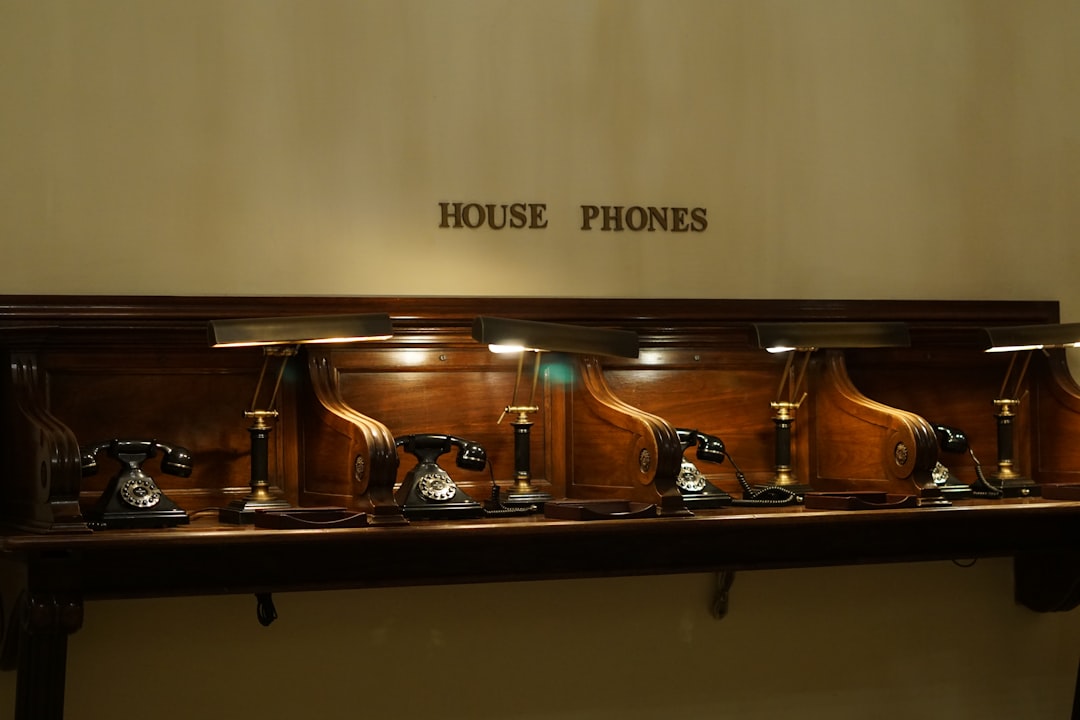In Iowa, the Do Not Call law is a powerful tool protecting residents from relentless telemarketing calls, especially from law firms engaging in direct marketing. The state's list, monitored by the Federal Trade Commission (FTC), ensures legal actions can't be taken against registered numbers. The FTC actively enforces federal regulations, investigating complaints and taking action against offending law firms to promote respect for consumer privacy choices in telephone marketing within Iowa's legal community.
In Iowa, as across the nation, the Federal Trade Commission (FTC) plays a vital role in enforcing the state’s “Do Not Call” laws, protecting residents from relentless sales calls. This article delves into the intricate relationship between the FTC and Iowa’s legal sector, exploring how the agency safeguards consumers’ privacy and curtails nuisance calls. By understanding the Do Not Call laws and the FTC’s mandate, both businesses and individuals can navigate this regulatory landscape more effectively, ensuring compliance in the ever-evolving digital age. Key focus: do not call law firms Iowa.
Understanding Do Not Call Laws in Iowa: A Brief Overview

In Iowa, the Do Not Call law is a consumer protection measure designed to curb unwanted telemarketing calls. This legislation allows residents to opt-out of receiving marketing phone calls, ensuring their privacy and peace of mind. The law primarily targets telephone solicitors, including law firms engaging in direct marketing activities. By registering their numbers on the state’s Do Not Call list, Iowa citizens can prevent legal actions from unsolicited callers.
This list is actively monitored by the Federal Trade Commission (FTC), which plays a crucial role in enforcing these laws. The FTC’s authority extends to cross-state and interstate telemarketing activities, ensuring that law firms operating in Iowa adhere to the Do Not Call regulations. This oversight helps protect consumers from aggressive sales tactics and unwanted legal services promotions.
The Federal Trade Commission (FTC): Its Role and Responsibilities

The Federal Trade Commission (FTC) is a crucial regulatory body in the United States, tasked with protecting consumers from unfair or deceptive acts and practices in the marketplace. Among its many responsibilities, the FTC plays a vital role in enforcing federal “Do Not Call” regulations, including those specific to Iowa’s law firms. These laws are designed to give consumers control over unwanted telephone solicitations, ensuring a quieter and more peaceful environment.
The FTC’s involvement in Do Not Call laws begins with establishing and promoting the national Do Not Call Registry. Consumers can register their phone numbers to opt-out of telemarketing calls, and the FTC enforces restrictions on calling practices, particularly for businesses engaging in interstate or foreign commerce. In Iowa, law firms must adhere to these rules, ensuring they obtain proper consent before making outbound sales or marketing calls, thereby respecting consumers’ privacy and rights.
How the FTC Enforces Do Not Call Regulations in Iowa's Legal Sector

The Federal Trade Commission (FTC) plays a pivotal role in enforcing the Do Not Call regulations in Iowa, particularly when it comes to law firms and legal sectors. Their primary method is through consumer complaints and monitoring calls made by law offices across the state. Consumers can file complaints with the FTC if they receive unwanted calls from legal professionals, and these reports are carefully investigated.
The FTC utilizes advanced technologies to track and trace phone numbers, identifying patterns of violative behavior. They have the authority to take action against law firms that repeatedly violate the Do Not Call laws, which may include issuing warnings, fines, or even legal proceedings. This strict enforcement ensures that law firms in Iowa respect consumer choices regarding telephone marketing and adhere to the established regulations.






